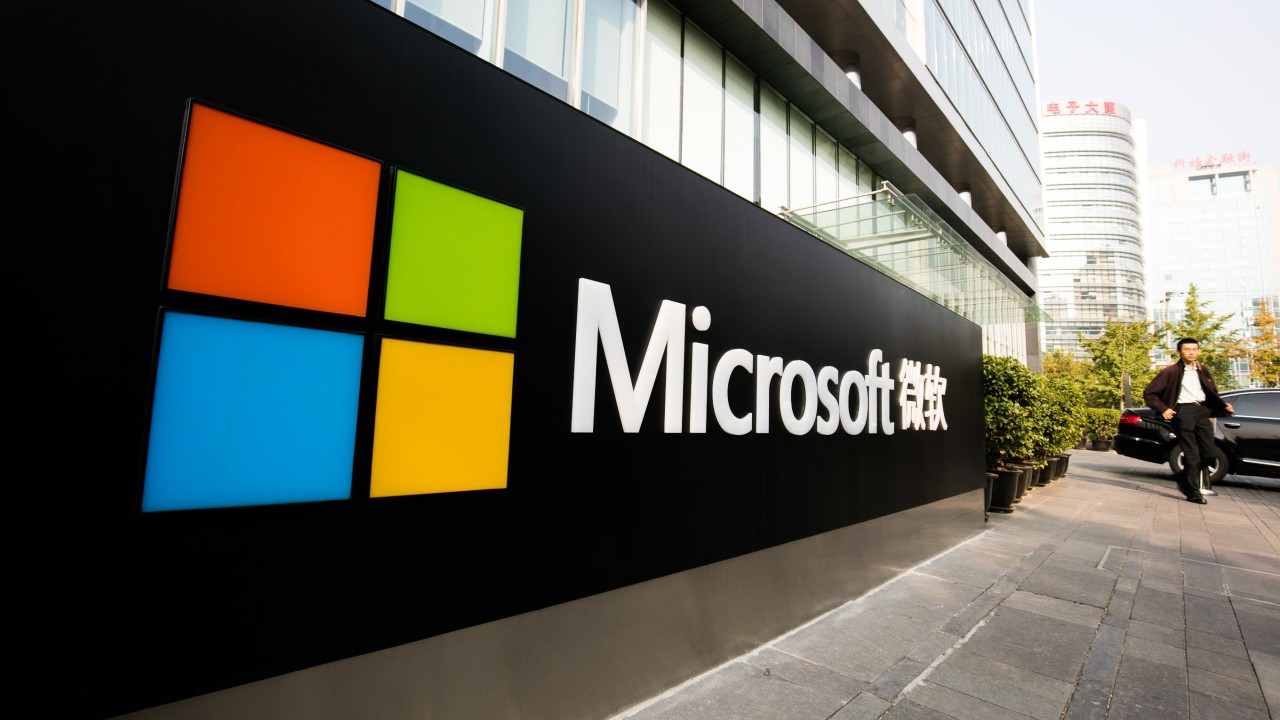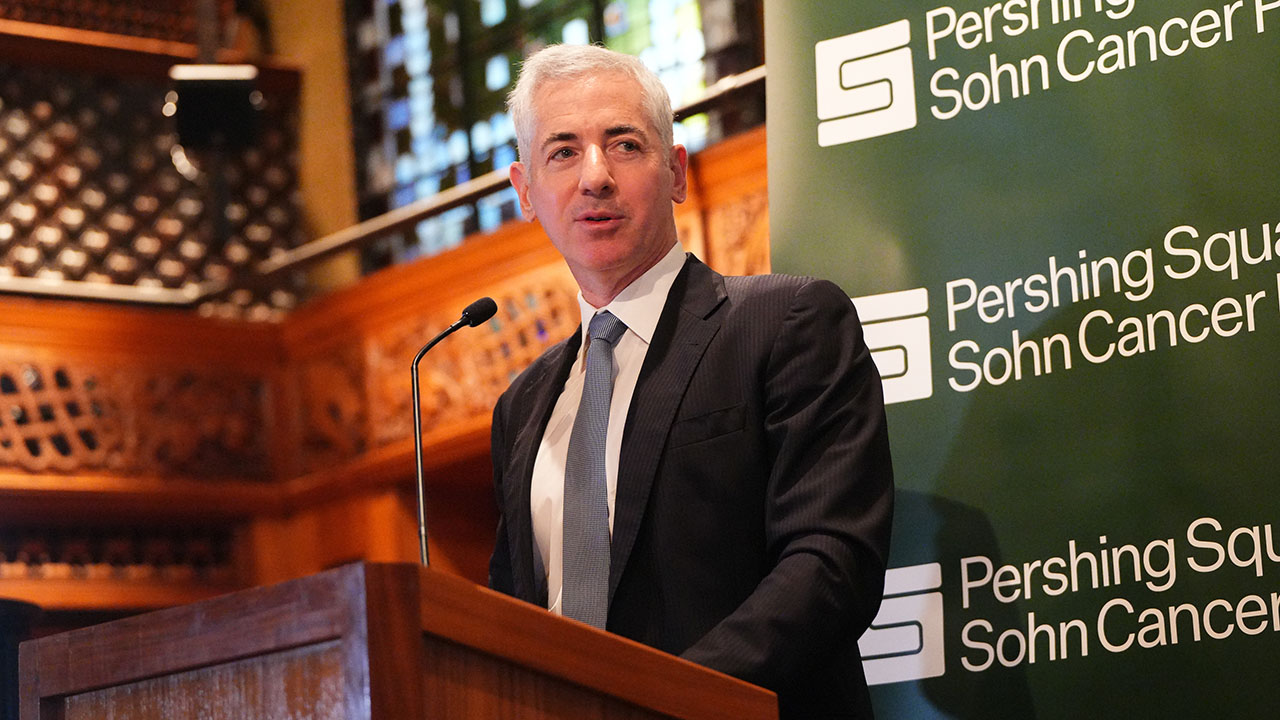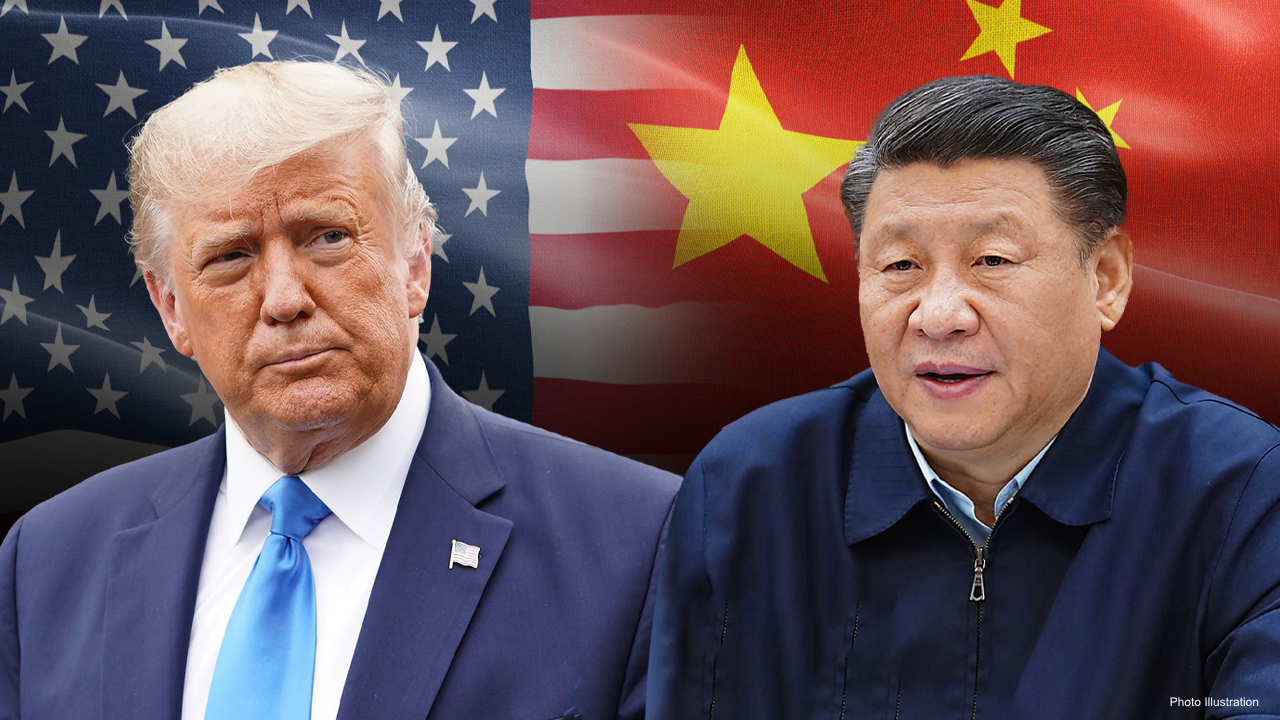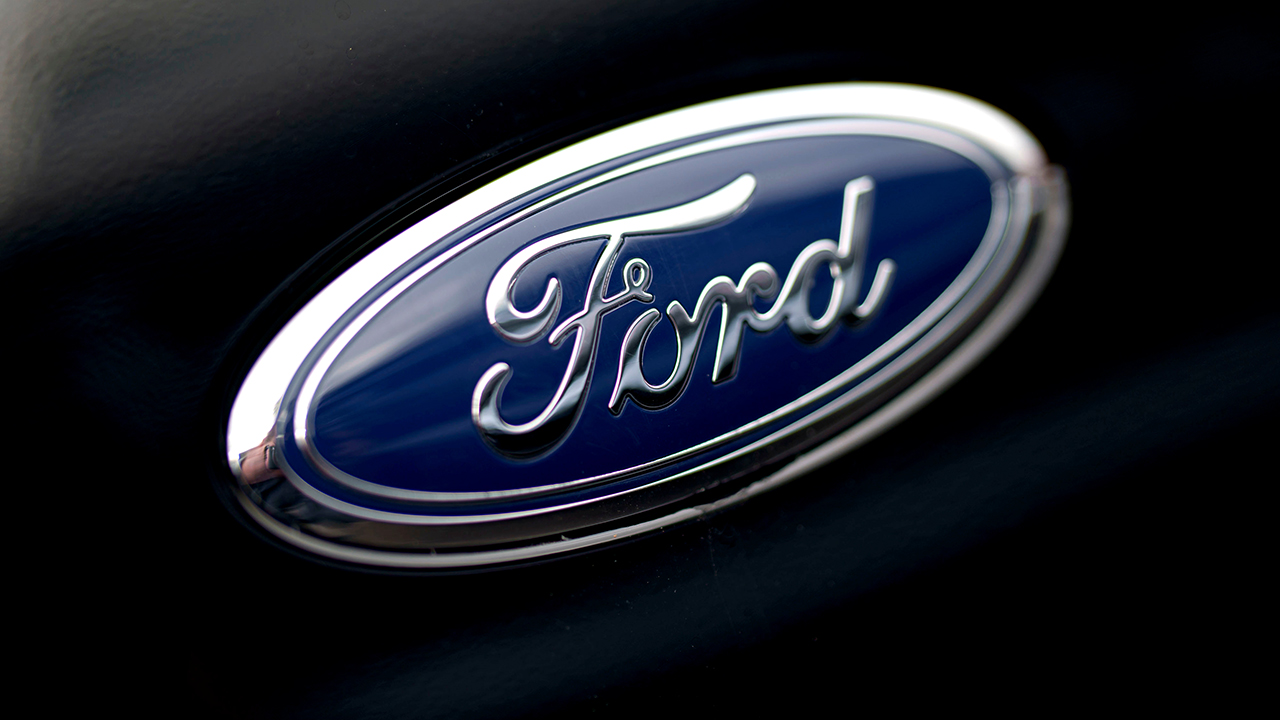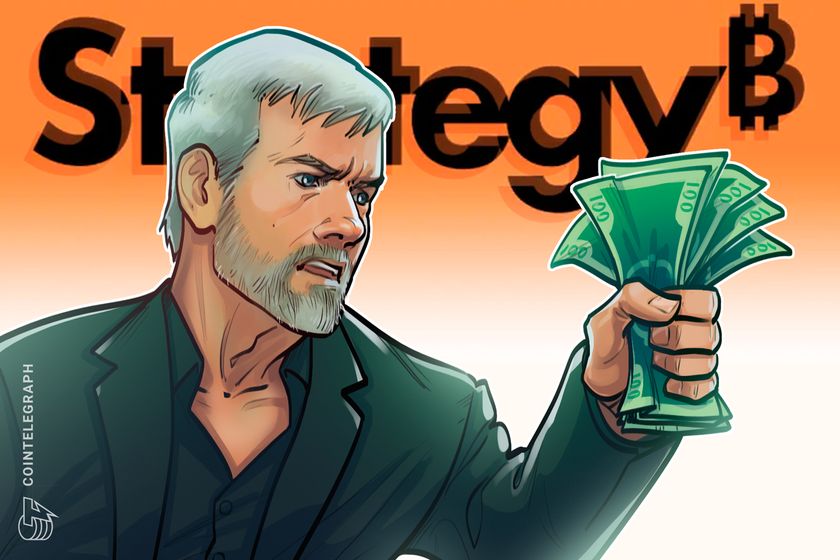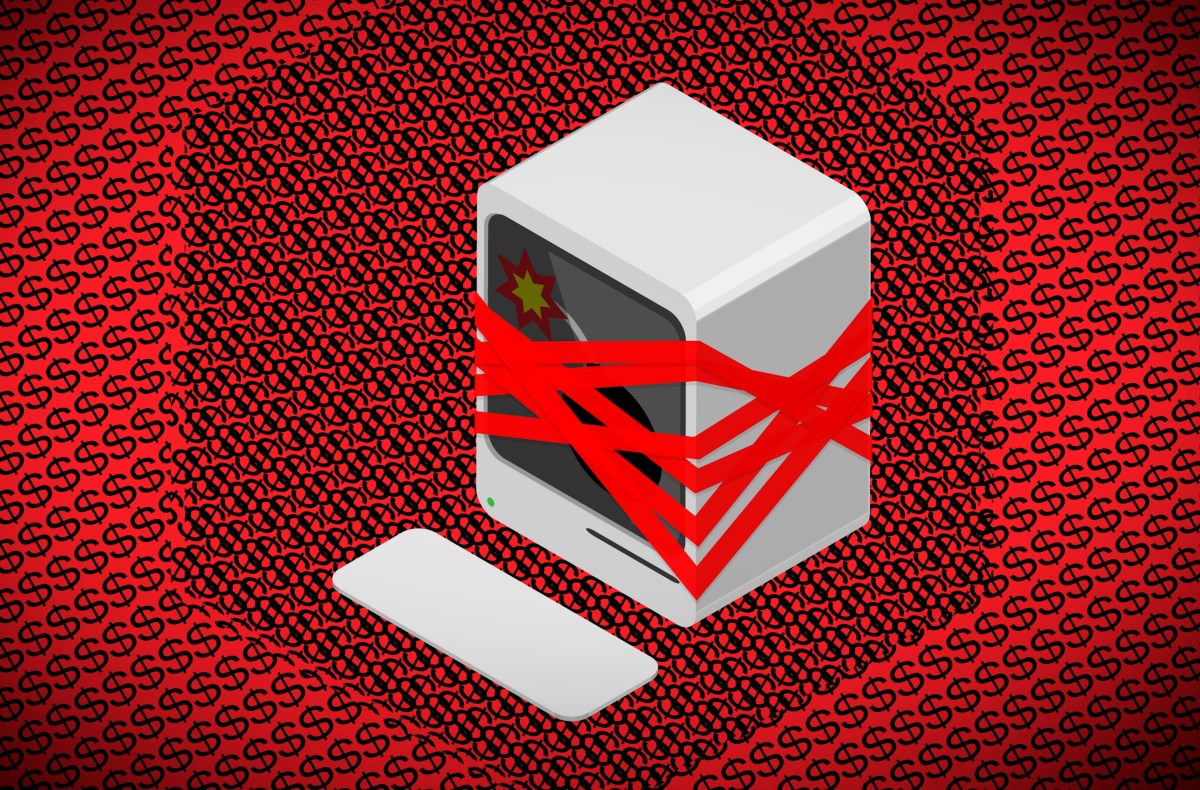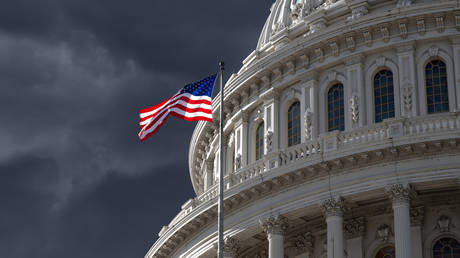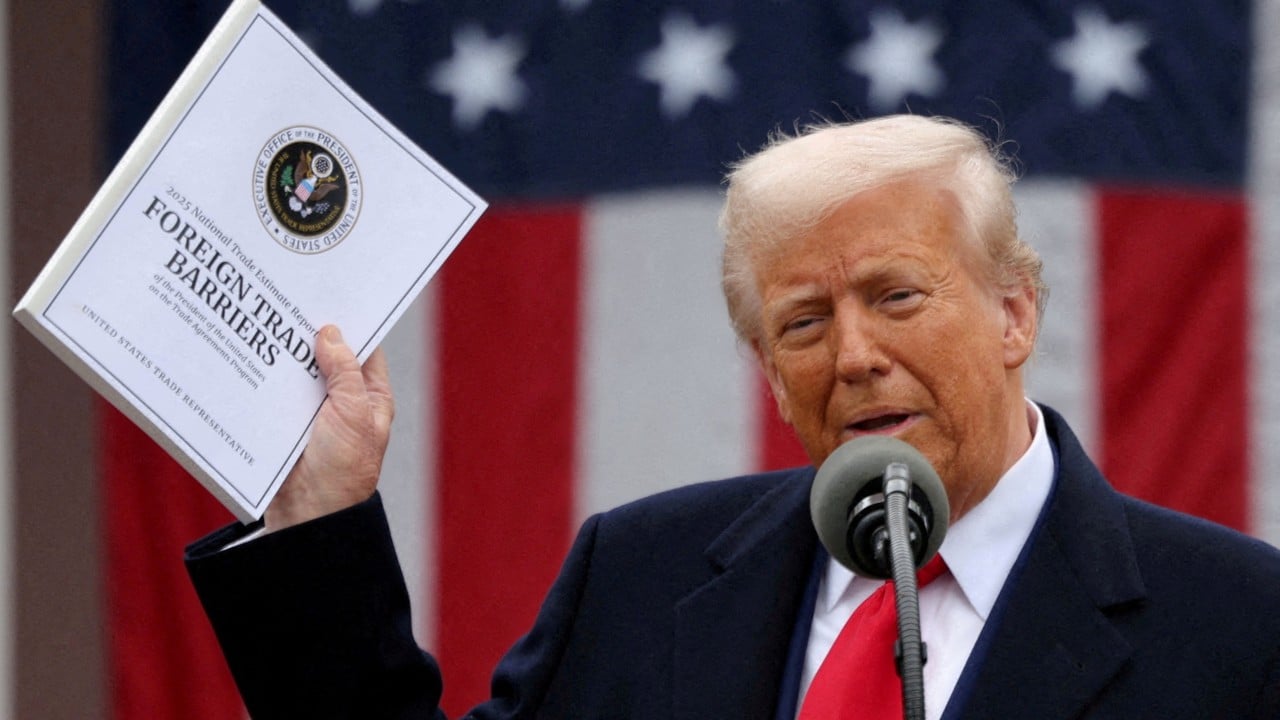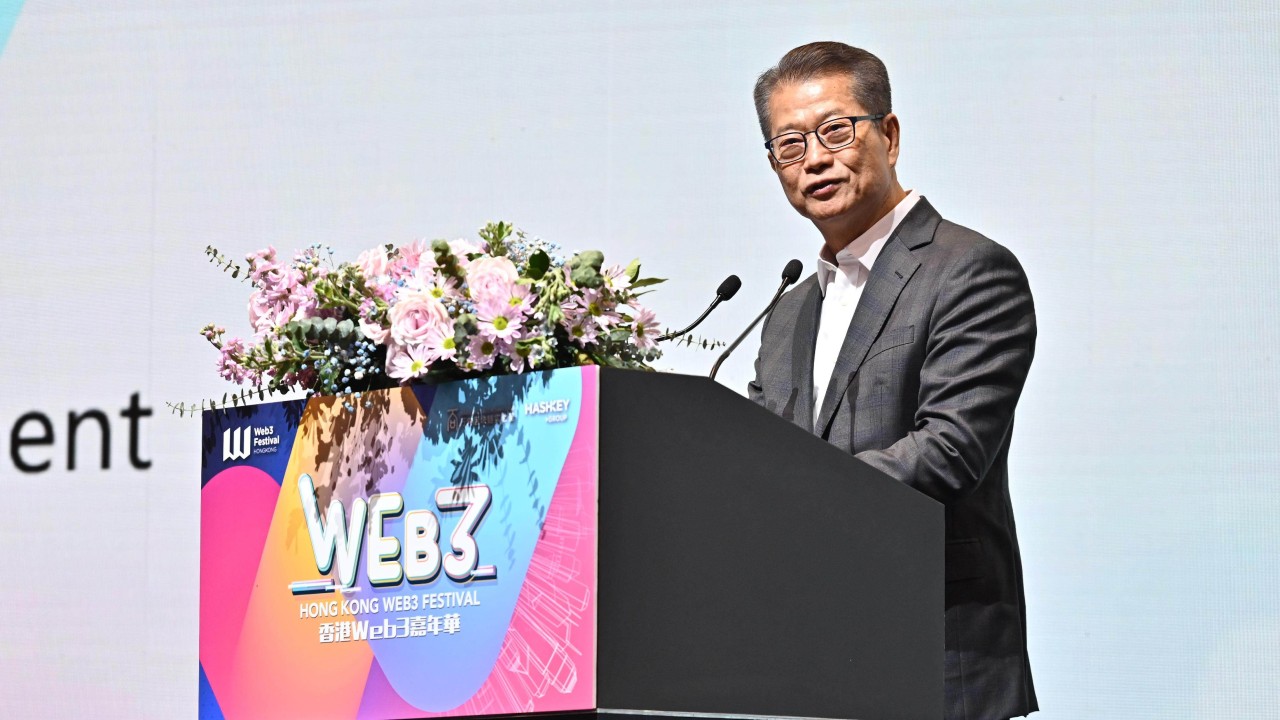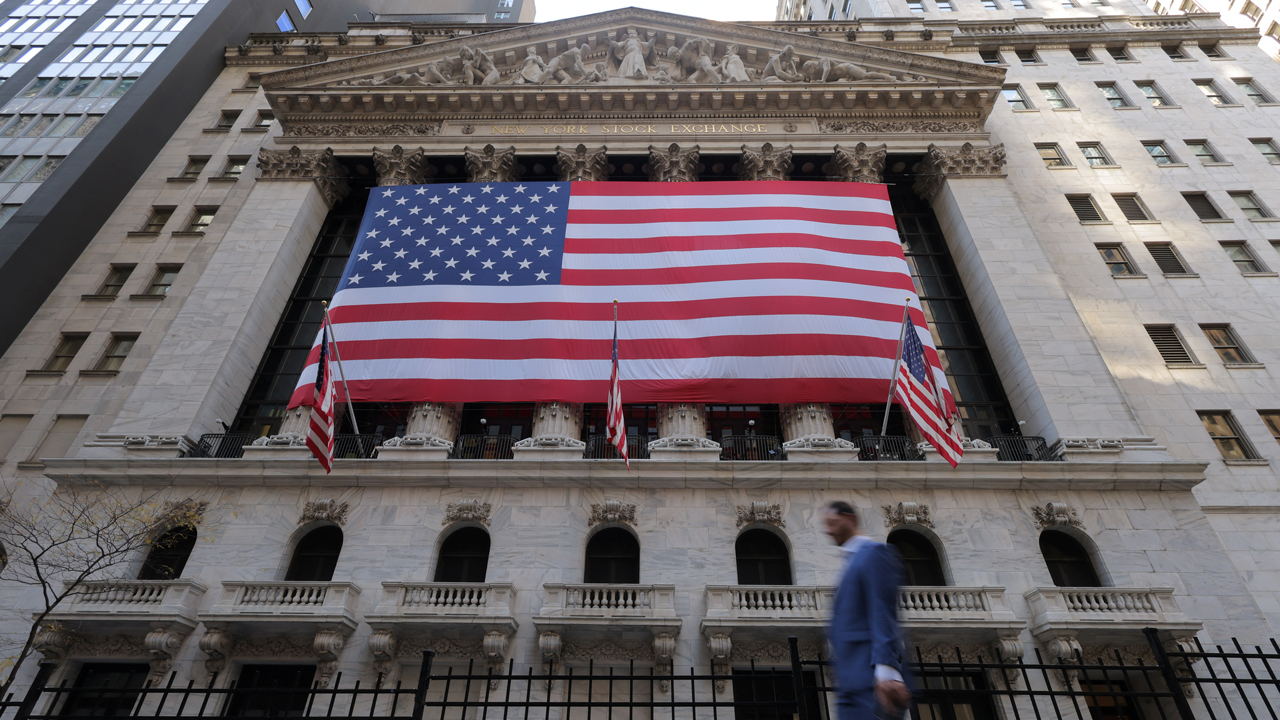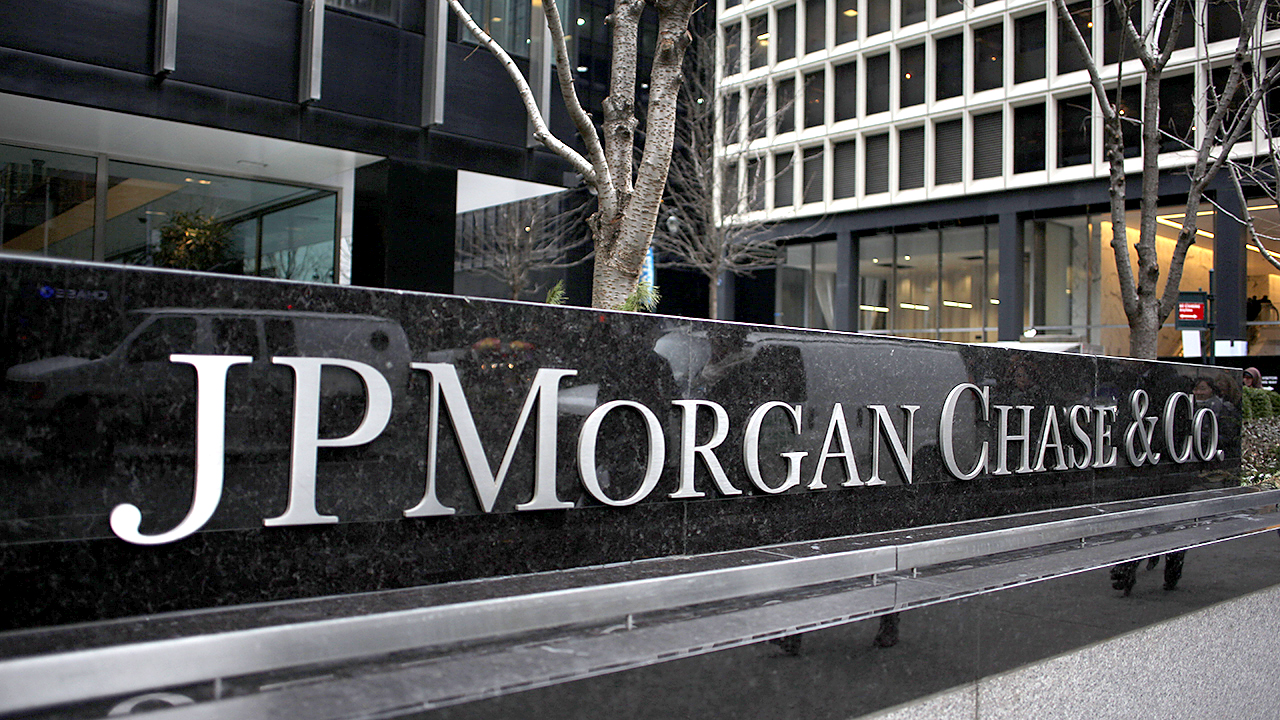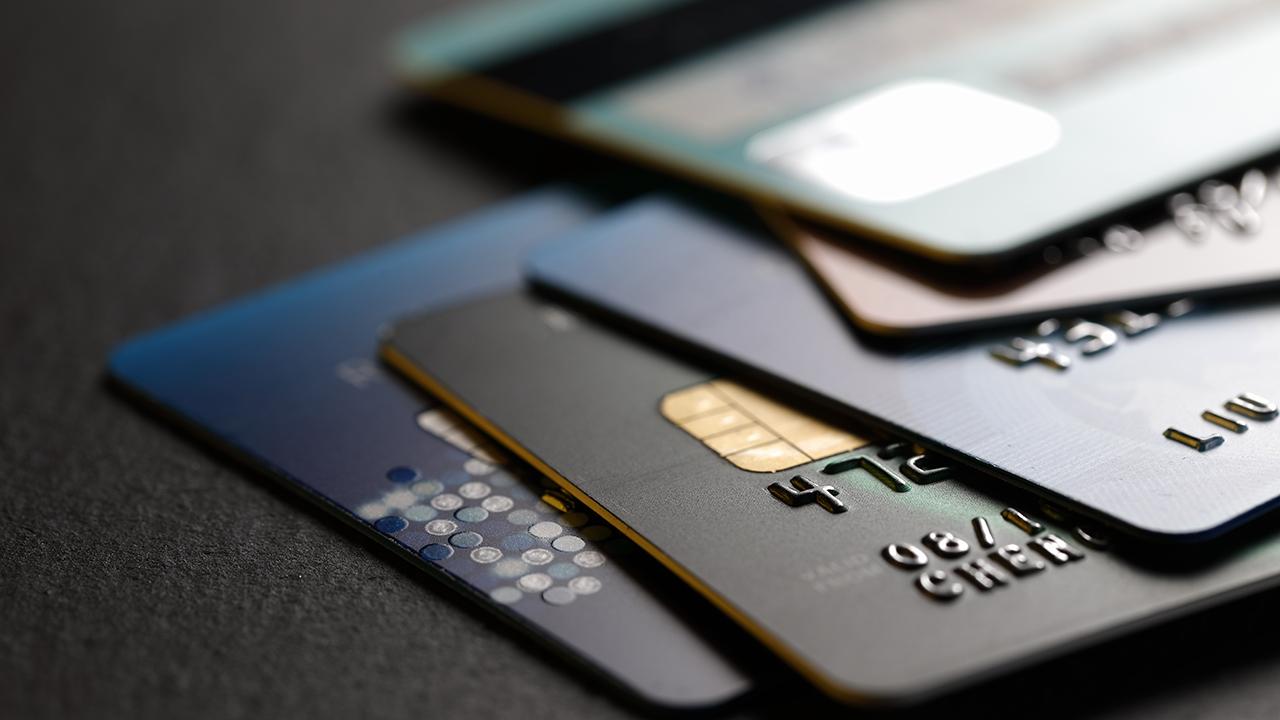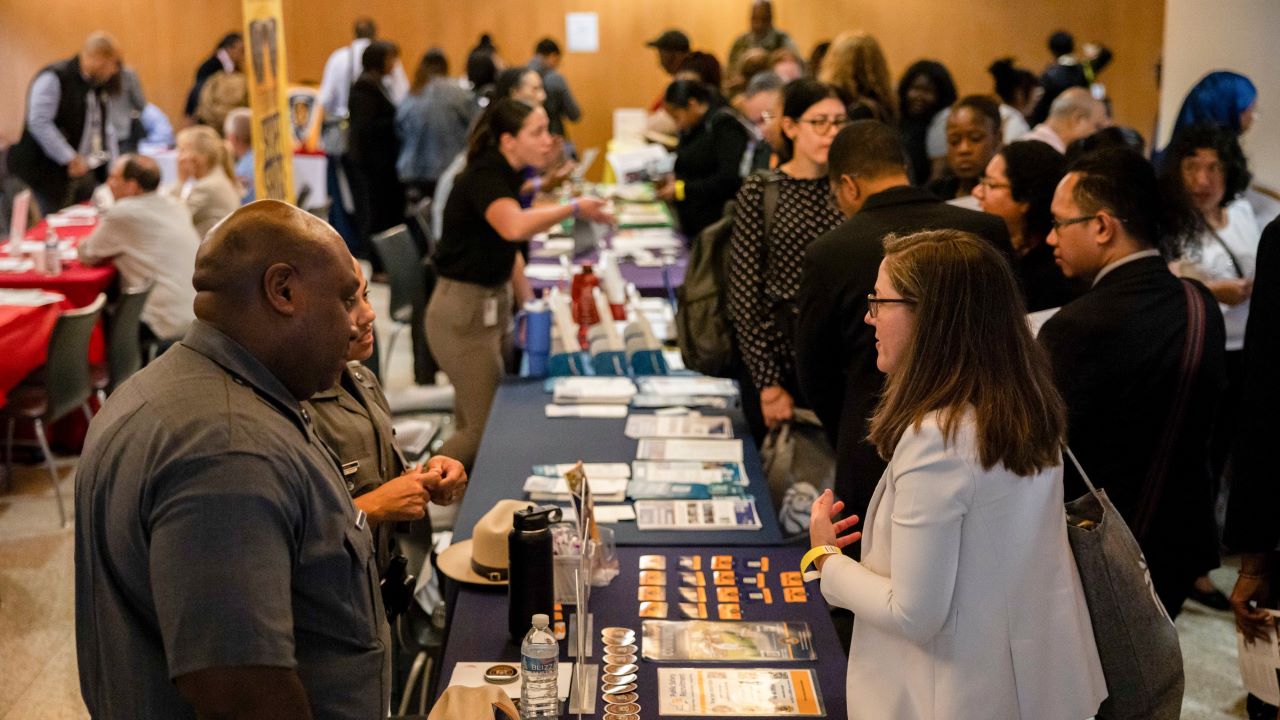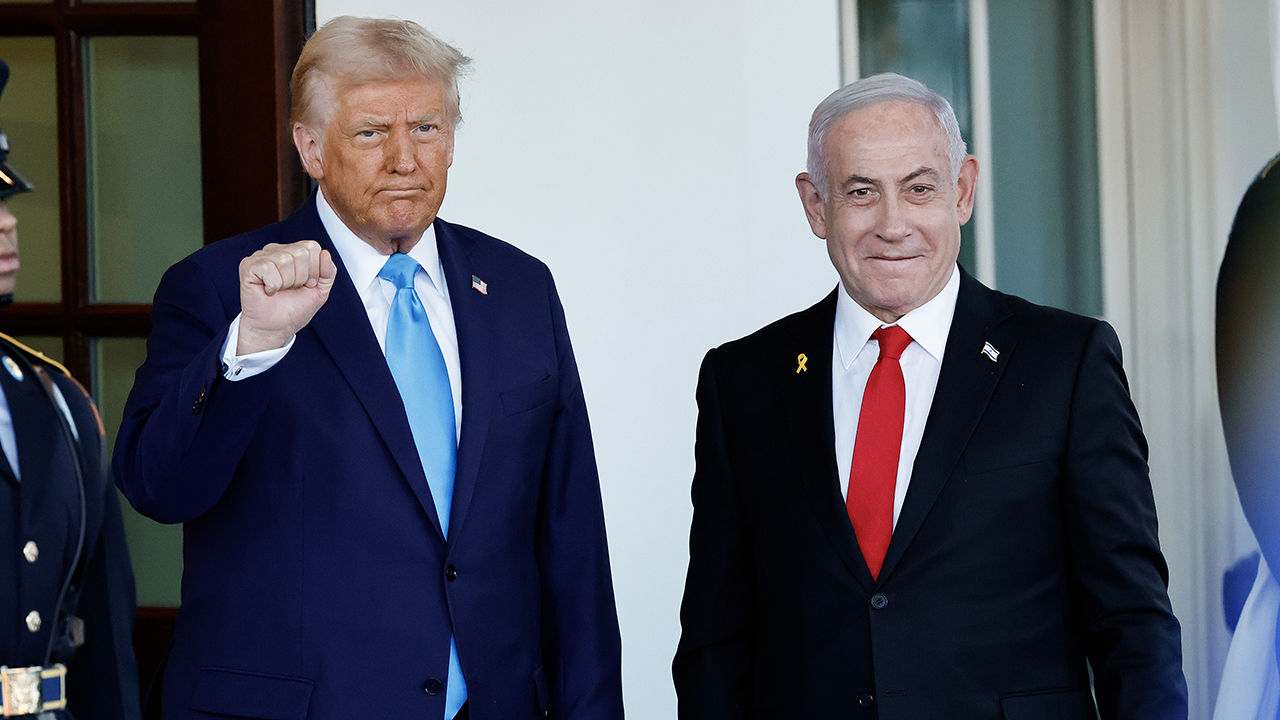The future of American dynamism depends on cryptography
Opinion by: Ismael Hishon-Rezaizadeh, co-founder and CEO of LagrangeTrade wars and proxy wars are underway in the current geopolitical power realignment, but the next phase won’t be fought with tariffs or drones. It will be decided by who leads in cryptography. Just as past industrial and technological revolutions in its private sector yielded the US an edge in global power, the ability to secure and verify information through cryptographic breakthroughs, especially in zero-knowledge (ZK) proofs, will determine the balance of power in the digital age.The US risks falling behind. While China and other nations invest aggressively in technological advancements, America lacks a national strategy to maintain leadership in this critical domain. It’s time to recognize cryptography as a foundational technological asset and a key to securing the country’s economic and national security future.From industrial mightDuring the world wars of the previous century, the US maintained a dominant global position through industrial strength. The country supplied around 75% of the oil used by the Allies in WWI and around 85% of their oil in WWII. The US also manufactured approximately two-thirds of all military equipment used by the Allies in the latter, playing a pivotal role in the war’s outcome.Industrial strength was not merely an asset. It was a strategic advantage in global conflicts. American influence will continue to be tied to the private sector’s innovations, especially as we move into more technologically advanced forms of warfare.To software superioritySuperiority in software has become the most efficient way to sustain US leadership worldwide. Stuxnet offers an example in recent history. In 2010, the software-based operation led by the US and Israeli governments was able to remotely crash Iran’s nuclear development program without deploying a single soldier.Recent: ‘National emergency’ as Trump’s tariffs dent crypto pricesToday’s private companies have followed suit and developed new software technologies for national defense purposes that have become essential in maintaining the US’s competitive edge. Defense contractors have enhanced US global influence with their contributions to AI, surveillance and advanced analytics for national security purposes. The historical trend is set to continue as cryptography starts to play an increasingly important role in defense technology.Cryptography and zero-knowledge (ZK) proofsThe use cases for cryptography, specifically ZK-proofs, extend far beyond the protection of financial transactions. Consider a shift in focus from the AI race for a bit. In that case, ZK-proofs become critical for more immediately tangible purposes, such as securing the country’s digital infrastructure.The US Department of Advanced Research Projects Agency and the Department of Defense have already acknowledged the strategic importance of ZK-proofs for defense and national security and developed the Securing Information for Encrypted Verification and Evaluation (SIEVE) program. NASA and the European Space Agency are exploring blockchain and ZK-proofs to ensure the authenticity of satellite communication commands and prevent cyberattacks.Private sector contributions are embedding secure cryptographic elements into drones to prevent hacking and ensure safe defense and critical infrastructure operations. At the same time, cybersecurity firms are leveraging blockchain to create secure digital identity ecosystems. The private sector is currently at the forefront of innovation in this field. In 2019, there was a boom in research papers focused on ZK-proof technology driven by private efforts to find better solutions in blockchain scalability via ZK-rollups. New and innovative approaches to ZK-proofs emerged, with most of the research being led and funded by crypto companies in the private sector. These are all production-ready, future-proof technologies that are finding their way into civilian applications but could be applied to military purposes just as quickly.Global leadership through innovationAmerica’s dynamism in the digital age, particularly in cryptography and blockchain technologies, will define its future role as a global power. The US must make bold, strategic investments in private-sector and public-sector research and development for ZK-proofs to maintain its leadership in cryptographic technologies, which are now indispensable to national security, defense and economic stability. With a pro-crypto administration and a supportive Congress, the time has come to move beyond merely regulating crypto as an investment class. There must be active cultivation and support for innovation in cryptography and emerging technologies like zero-knowledge proofs. The centuries-old relationship between the private sector and the government must continue to defend national interests. This is America’s moment to build a new wave of industrial and technological dominance. It’s time to seize this opportunity and



Opinion by: Ismael Hishon-Rezaizadeh, co-founder and CEO of Lagrange
Trade wars and proxy wars are underway in the current geopolitical power realignment, but the next phase won’t be fought with tariffs or drones. It will be decided by who leads in cryptography.
Just as past industrial and technological revolutions in its private sector yielded the US an edge in global power, the ability to secure and verify information through cryptographic breakthroughs, especially in zero-knowledge (ZK) proofs, will determine the balance of power in the digital age.
The US risks falling behind. While China and other nations invest aggressively in technological advancements, America lacks a national strategy to maintain leadership in this critical domain. It’s time to recognize cryptography as a foundational technological asset and a key to securing the country’s economic and national security future.
From industrial might
During the world wars of the previous century, the US maintained a dominant global position through industrial strength. The country supplied around 75% of the oil used by the Allies in WWI and around 85% of their oil in WWII. The US also manufactured approximately two-thirds of all military equipment used by the Allies in the latter, playing a pivotal role in the war’s outcome.
Industrial strength was not merely an asset. It was a strategic advantage in global conflicts. American influence will continue to be tied to the private sector’s innovations, especially as we move into more technologically advanced forms of warfare.
To software superiority
Superiority in software has become the most efficient way to sustain US leadership worldwide. Stuxnet offers an example in recent history. In 2010, the software-based operation led by the US and Israeli governments was able to remotely crash Iran’s nuclear development program without deploying a single soldier.
Recent: ‘National emergency’ as Trump’s tariffs dent crypto prices
Today’s private companies have followed suit and developed new software technologies for national defense purposes that have become essential in maintaining the US’s competitive edge. Defense contractors have enhanced US global influence with their contributions to AI, surveillance and advanced analytics for national security purposes.
The historical trend is set to continue as cryptography starts to play an increasingly important role in defense technology.
Cryptography and zero-knowledge (ZK) proofs
The use cases for cryptography, specifically ZK-proofs, extend far beyond the protection of financial transactions. Consider a shift in focus from the AI race for a bit. In that case, ZK-proofs become critical for more immediately tangible purposes, such as securing the country’s digital infrastructure.
The US Department of Advanced Research Projects Agency and the Department of Defense have already acknowledged the strategic importance of ZK-proofs for defense and national security and developed the Securing Information for Encrypted Verification and Evaluation (SIEVE) program.
NASA and the European Space Agency are exploring blockchain and ZK-proofs to ensure the authenticity of satellite communication commands and prevent cyberattacks.
Private sector contributions are embedding secure cryptographic elements into drones to prevent hacking and ensure safe defense and critical infrastructure operations. At the same time, cybersecurity firms are leveraging blockchain to create secure digital identity ecosystems.
The private sector is currently at the forefront of innovation in this field. In 2019, there was a boom in research papers focused on ZK-proof technology driven by private efforts to find better solutions in blockchain scalability via ZK-rollups.
New and innovative approaches to ZK-proofs emerged, with most of the research being led and funded by crypto companies in the private sector. These are all production-ready, future-proof technologies that are finding their way into civilian applications but could be applied to military purposes just as quickly.
Global leadership through innovation
America’s dynamism in the digital age, particularly in cryptography and blockchain technologies, will define its future role as a global power. The US must make bold, strategic investments in private-sector and public-sector research and development for ZK-proofs to maintain its leadership in cryptographic technologies, which are now indispensable to national security, defense and economic stability.
With a pro-crypto administration and a supportive Congress, the time has come to move beyond merely regulating crypto as an investment class. There must be active cultivation and support for innovation in cryptography and emerging technologies like zero-knowledge proofs. The centuries-old relationship between the private sector and the government must continue to defend national interests.
This is America’s moment to build a new wave of industrial and technological dominance. It’s time to seize this opportunity and ensure the next century of global leadership is powered by American innovation.
Opinion by: Ismael Hishon-Rezaizadeh, co-founder and CEO of Lagrange.
This article is for general information purposes and is not intended to be and should not be taken as legal or investment advice. The views, thoughts, and opinions expressed here are the author’s alone and do not necessarily reflect or represent the views and opinions of Cointelegraph.
What's Your Reaction?







![[WATCH]Cam’ron Reveals His Family Are The Owners Of California Staple Roscoe’s Chicken And Waffles](https://thesource.com/wp-content/uploads/2025/04/Screenshot-2025-04-07-at-8.39.39-AM.png)
